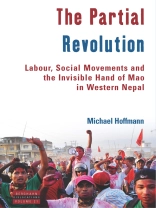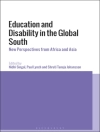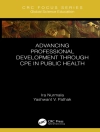Located in the far-western Tarai region of Nepal, Kailali has been the site of dynamic social and political change in recent history. The Partial Revolution examines Kailali in the aftermath of Nepal’s Maoist insurgency, critically examining the ways in which revolutionary political mobilization changes social relations—often unexpectedly clashing with the movement’s ideological goals. Focusing primarily on the end of Kailali’s feudal system of bonded labor, Hoffmann explores the connection between politics, labor, and Mao’s legacy, documenting the impact of changing political contexts on labor relations among former debt-bonded laborers.
Содержание
List of Illustrations
Acknowledgements
Note on Transliteration
Introduction: The Maoist Victory Rally
PART I: POLITICS IN THE TOWN
Chapter 1. Urban Festivals and Post-Conflict Patronage
Chapter 2. The Occupation of Symbolic Space in Town
Chapter 3. Learning to Protest: The Freed Kamaiya Movement
Chapter 4. Maoists and Labour Unions in Town
PART II: LABOUR RELATIONS IN A BRICK FACTORY IN THE HINTERLAND
Chapter 5. Red Salute at Work in a Brick Factory
Chapter 6. The Revolutionary Legacy and Debt Bondage
Conclusion: The Partial Revolution
Appendix
Glossary
Bibliography
Index
Об авторе
Michael Hoffmann is a Senior Research Fellow at Humboldt University in Berlin. Previously, he worked as a post-doc fellow at the Institute for Cultural and Social Anthropology in Cologne and the Max Planck Institute for Social Anthropology in Halle Germany. He received his Ph D in Anthropology from the London School of Economics and Political Sciences in 2012.












